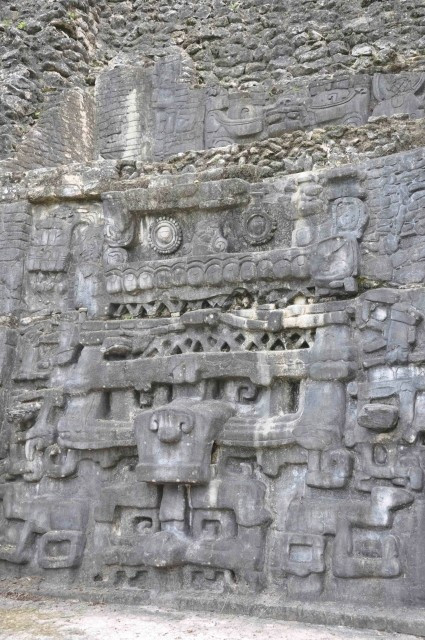Collapse of Classic Mayan Civilisation Linked to Climate Change

Scientists have long thought severe drought conditions and limited rainfall led to the decline of the Classic Mayan civilisation (300 to 1000 CE) but could never quite confirm the theory. However, now researchers have bagged climate records for the past 2,000 years and may have proven the earlier assumptions true.
In a study led by Penn State anthropologist Dr Douglas Kennett, researchers have concluded that climate change overturned the long-term wet weather pattern in the Yucatán Peninsula and Central America to severe famine, which triggered war and the ultimate collapse of classic Maya civilisation. The researchers reportedly looked at archaeological sites for evidence of ancient weather patterns to look for a clue to the possible impact of climate change on modern society.
"We present a precisely dated subannual climate record for the past 2000 years from Yok Balum Cave, Belize. From comparison of this record with historical events compiled from well-dated stone monuments, we propose that anomalously high rainfall favored unprecedented population expansion and the proliferation of political centers between 440 and 660 CE," the researchers noted in their study report, published in the 9 November issue of the journal Science.
The report - Development and Disintegration of Maya Political Systems in Response to Climate Change - further suggests that between 660 and 1000 CE, the climate change showed a drying trend with less rainfall and long droughts that led to the collapse of Maya civilisation.
The dying trend "triggered the balkanization of polities, increased warfare, and the asynchronous disintegration of polities, followed by population collapse in the context of an extended drought between 1020 and 1100 CE" researchers added.
Rise and Fall of Mayans
The recent study suggests climate change was responsible for both the rise and fall of the Maya civilisation. While high rainfall for about 200 years took the civilisation to its heyday, low rates of rainfall for the next 200 years preceded its downfall.
A study - Collapse of Classic Maya Civilization Related to Modest Reduction in Precipitation - published in February in the journal also stated that the civilisation collapsed over a period of two centuries.
"The disintegration of the Classic Maya civilization in the Yucatán Peninsula and Central America was a complex process that occurred over an approximately 200-year interval and involved a catastrophic depopulation of the region. Although it is well established that the civilization collapse coincided with widespread episodes of drought, their nature and severity remain enigmatic," the researchers, Martin Medina-Elizalde of National Oceanography Centre at the University of Southampton and Eelco Rohling of the Yucatan Centre for Scientific Research in Cancun said.
© Copyright IBTimes 2025. All rights reserved.




















